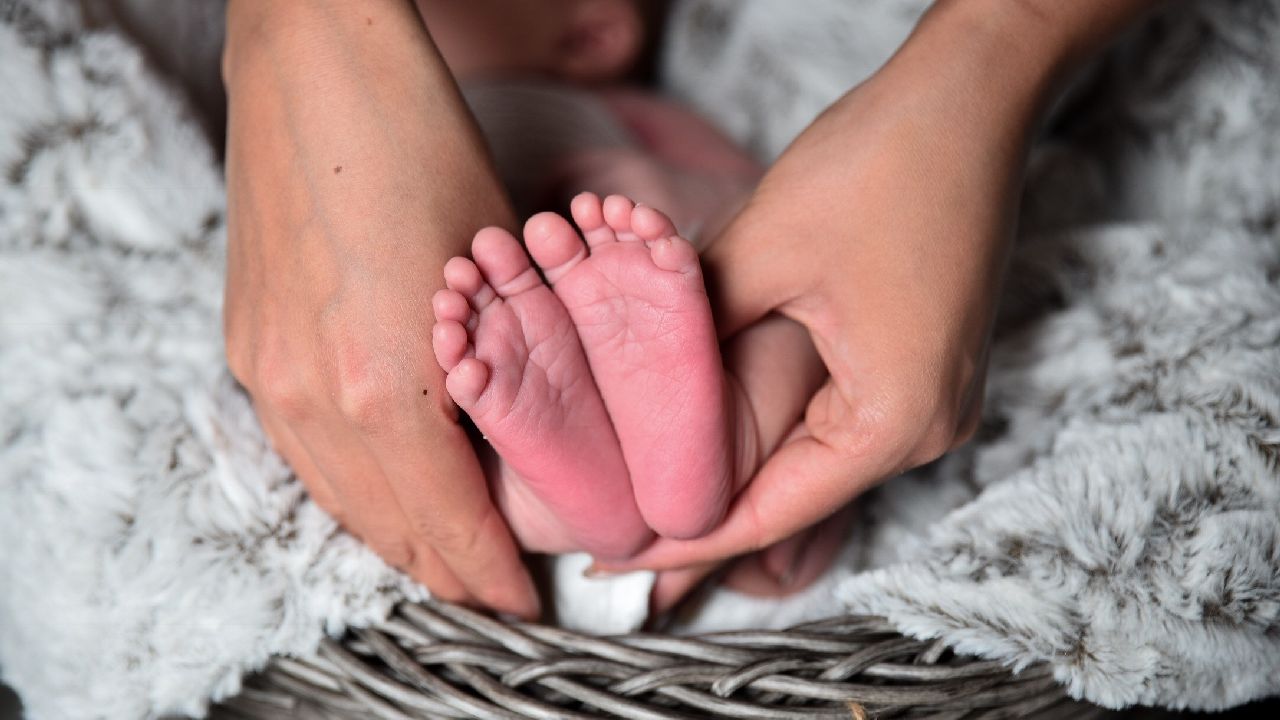Recently, I was engaged in a conversation about reproductive options for couples. One of the issues discussed was surrogate motherhood. In surrogacy, a couple contracts with a woman to bear them a child. In some cases, an embryo consisting of genetic material from both the man and woman is implanted in the surrogate. In other cases, the surrogate is artificially inseminated with sperm from the man. In either case, I think there are serious moral concerns that, in my estimation, make surrogacy too problematic to consider. Briefly, here are two of the most serious problems.
First, except in cases of altruistic surrogate motherhood, surrogacy seems to reduce children to a commodity that can be bought and sold. The contracting couple is after one thing: the delivery of a product (the baby) and not merely the services of the surrogate. Thus, commercial genetic surrogacy is equivalent to the sale and purchase of a child. In Genesis 1:26–27, we discover that our human rights and dignity are grounded in the fact that we are created in the image of God. Therefore, human beings cannot be bought and sold for a price.
Secondly, surrogacy is the only situation where we deliberately separate procreation and responsibility. This is true in cases of commercial surrogacy, as well as altruistic surrogacy. In surrogate motherhood, we are asking a woman to detach herself from the child in utero. This hardly seems like an ideal context for the birth of a child. As philosopher and ethicist Scott Rae has pointed out, “surrogacy actually turns a vice, the ability to detach from the child in utero, into a virtue.”1
For these reasons as well as others, I would not recommend surrogacy as a reproductive option. These are just some brief initial thoughts. If you want to explore this topic further, Rae has written a brief overview here.

